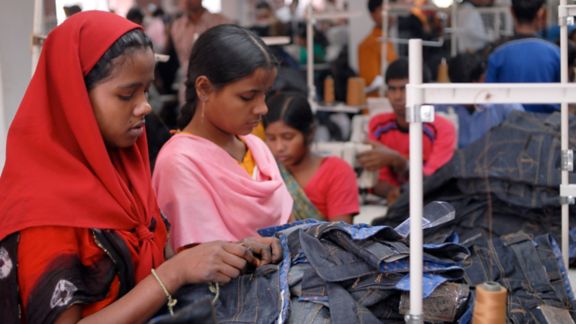Ukraine Civil Society Assessment

Problem
Civil society organizations in Ukraine needed strengthening during a time of upheaval.
From late 2013 to early 2014, Ukrainians staged a mass anti-government protest in Kyiv’s Independence Square in what came to be known as the Euromaidan Uprising, which resulted in the deaths of almost 100 civilians and marked a new era in Ukraine’s quest for national identity and self-governance. With the entry of many new members of parliament and government officials, the national government reached out to civil society for help in reforms.
During this time, USAID had two civil society activities in Ukraine. The Civil Society Enabling Environment implemented by the Ukrainian Center for Independent Political Research and the Civil Society Capacity-Building activity implemented by the Initiative for Social Action and Renewal in Eurasia-Ednannia (Ukrainian for “joining forces”). USAID asked NORC to assess their efforts.
Solution
NORC conducted a multifaceted assessment of growing citizen action.
NORC reviewed USAID-provided materials about civil society developments in Ukraine and interviewed 73 key figures, including 40 representatives of Ukrainian civil society organizations (CSOs). To understand the regional dynamics of civil society, the team traveled to the country’s eastern, southern, and western areas. We also received 328 responses in an online survey of CSOs on key questions related to civil society development in Ukraine, and conducted two focus groups with civil society representatives and activists in Kyiv and Uzhgorod.
Result
NORC findings confirmed a strengthening of civil society in the country with challenges around citizen engagement, capacity, and financing.
We found that after the Euromaidan Uprising, Ukrainian civil society strengthened thanks to the inflow of new CSOs, active citizens, and volunteers. The sector gained greater legitimacy in Ukraine and a higher level of citizen trust, and the culture of organizational development and self-awareness about its impact also improved. However, financial diversification, uneven development of civil society, capacity, and citizen engagement remained as challenges








